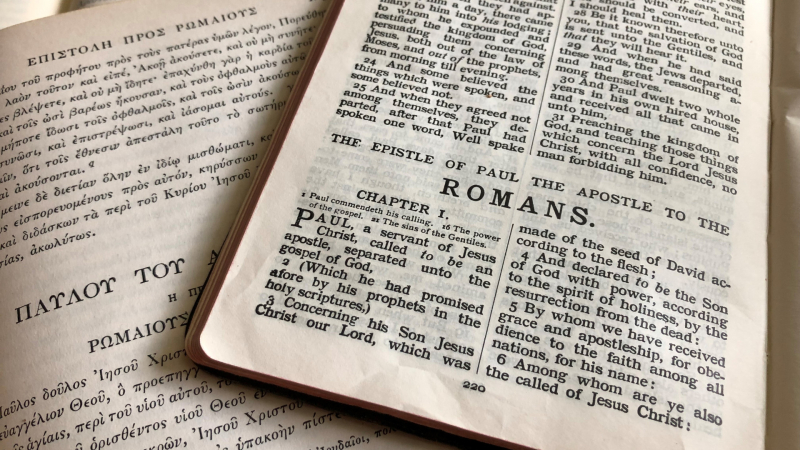Letter of Paul to the Romans
The sixth book of the New Testament, Letter of St. Paul to the Romans (also known as Epistle of St. Paul the Apostle to the Romans; abbreviation Romans), is the longest and doctrinally the most significant of St. Paul the Apostle's writings. It was most likely written at Corinth in 57 CE. The epistle was written to the Roman Christian church, whose members Paul intended to meet for the first time while traveling to Spain. The letter has been intensely studied since early Christian times and was the basis of Martin Luther’s teaching on justification by faith alone.
In the letter, Paul declares that God’s righteousness has always been manifest in his dealings with humanity. The Apostle acknowledges with pleasure the distinct religious heritage of the Jewish people, but he emphasizes that even for Jews, righteousness no longer depends on whether they following the Mosaic Law or not. The reason for this is that God now manifests his righteousness through Christ, whose righteousness is the foundation of all human righteousness. Paul warns his readers, nonetheless, that being righteous does not give one permission to sin. The letter also includes a number of particular exhortations, such as to love and support one another, to obey civic authorities, and to be obedient to civil rulers.







